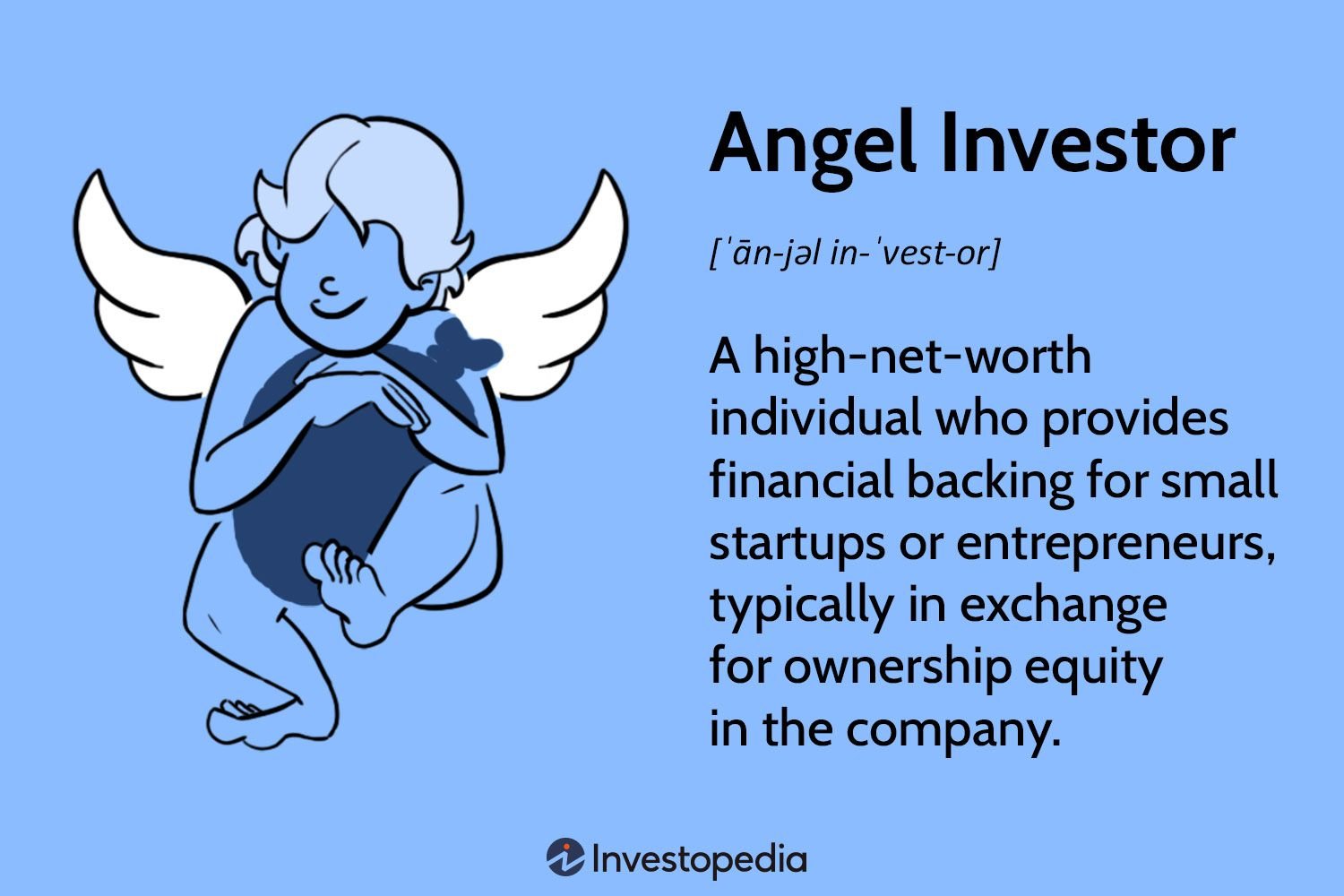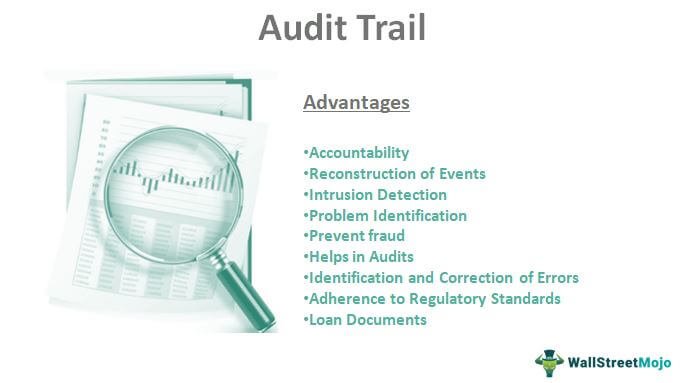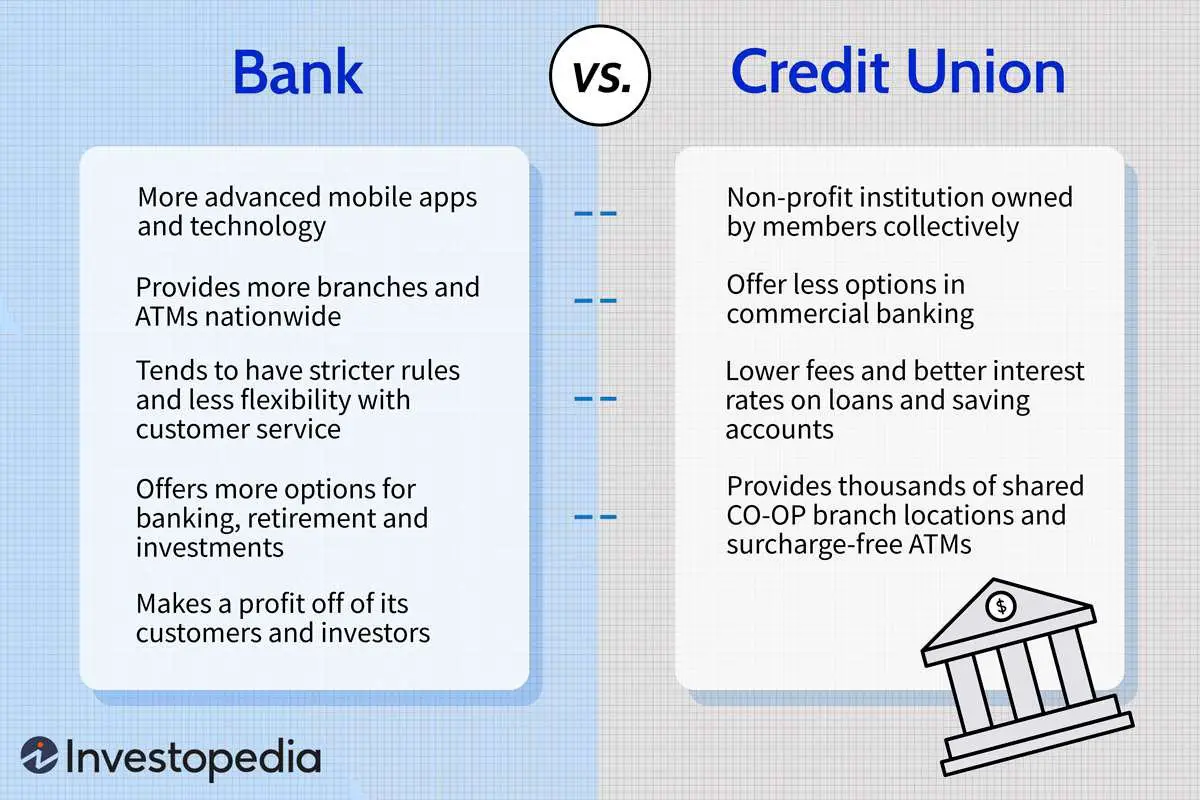An angel investor in startups is a key player in the world of entrepreneurship. Wondering what exactly this term means? Simply put, an angel investor is an individual who provides financial support and guidance to early-stage companies. Picture a guardian angel for startups, swooping in with their expertise and resources to help these fledgling businesses take flight. With their deep pockets and wealth of experience, angel investors can significantly impact the success of a startup. Curious to learn more? Join us as we delve into the world of angel investing and unravel the mysteries behind what is an angel investor in startups.
What is an Angel Investor in Startups?
When it comes to starting a new business, one of the biggest challenges is raising enough capital to get things off the ground. While traditional funding options like bank loans and venture capital may be available, another popular avenue for early-stage startups is obtaining investment from angel investors. Angel investors are individuals who provide financial support to startups in exchange for equity or a stake in the company. They not only bring in the much-needed capital but also offer valuable expertise, connections, and mentorship to help the startup succeed.
The Role of an Angel Investor
Angel investors play a vital role in the startup ecosystem by providing funding to entrepreneurs who may have difficulty accessing traditional forms of capital. Here are some key aspects of an angel investor’s role:
1. Providing Financial Support: Angel investors typically invest their own money into startups, offering financial support at the earliest stages when startups often struggle to secure funding.
2. Offering Expertise: Angel investors often have experience in entrepreneurship or a particular industry. They can offer valuable insights, guidance, and mentorship to startups, helping them navigate challenges and make informed decisions.
3. Creating Networks: Angel investors typically have extensive networks, which they can leverage to connect startups with other investors, industry professionals, potential customers, or strategic partners. These connections can open up new doors and opportunities for startups.
4. Acting as Mentors: Angel investors often take a hands-on approach and actively participate in the development of the startup. They share their knowledge, provide feedback, and help entrepreneurs refine their business strategies.
5. Investing in the Long Term: Unlike venture capitalists who may invest at later stages, angel investors are often willing to take on higher risks and invest in early-stage startups. They understand that success may take time, and they are willing to support the company for the long haul.
Characteristics of Angel Investors
Angel investors come from diverse backgrounds and possess various characteristics that make them unique. Here are some common traits often found in angel investors:
1. High Net Worth Individuals: Angel investors are typically high net worth individuals who have accumulated significant personal wealth. This financial position allows them to make substantial investments in startups.
2. Industry Experience: Many angel investors have previous entrepreneurial experience or have worked in specific industries. Their expertise in these areas provides startups with valuable insights and guidance.
3. Passion for Entrepreneurship: Angel investors are often motivated by their passion for entrepreneurship and the opportunity to support innovative ideas. They enjoy being involved in the journey of turning a concept into a successful business.
4. Diversification: Angel investors typically invest in multiple startups to spread their risk. This diversification strategy helps mitigate potential losses by increasing the likelihood of backing a successful venture.
Finding Angel Investors
Finding the right angel investor for your startup can be a game-changer. Here are some strategies to help you connect with potential angel investors:
1. Networking: Attend industry events, startup conferences, and entrepreneurial meetups to expand your network. Engage with individuals who have a track record of investing in startups or those who show an interest in entrepreneurship.
2. Online Platforms: Utilize online platforms that connect entrepreneurs with angel investors. Websites like AngelList, Gust, and SeedInvest provide opportunities for startups to showcase their ideas and connect with potential investors.
3. Angel Investor Networks: Research local angel investor networks or angel groups in your area. These groups consist of individuals who pool their resources and collectively invest in startups. Pitching to an angel group can give you access to multiple investors in one go.
4. Incubators and Accelerators: Joining an incubator or accelerator program can provide you with access to a network of angel investors. These programs often have established relationships with investors who are specifically interested in supporting startups.
The Benefits and Risks of Angel Investment
Startups considering angel investment should weigh the potential benefits and risks before making a decision. Here are some key points to consider:
Benefits:
1. Access to Capital: Angel investors provide startups with much-needed capital to launch, grow, and scale their business. This funding can help cover expenses such as product development, marketing, and hiring.
2. Expertise and Guidance: Angel investors bring valuable industry knowledge and experience to the table. Their mentorship and guidance can help startups avoid common pitfalls and navigate challenges more effectively.
3. Expanded Network: Angel investors often have extensive networks and connections within the industry. By aligning with an angel investor, startups gain access to these networks, which can open doors to potential partners, customers, and future investors.
4. Validation and Credibility: Securing investment from a reputable and successful angel investor can enhance a startup’s credibility. It can serve as validation for the business idea and attract additional funding or partnership opportunities.
Risks:
1. Loss of Control: Angel investors typically acquire equity or a stake in the company in exchange for their investment. This means giving up a certain level of control and decision-making power.
2. Conflict of Interest: Depending on the terms of the investment, there is a possibility of conflicting interests between the founders and the angel investors. Misalignment in long-term goals or strategic direction can lead to challenges down the road.
3. Higher Expectations: Angel investors expect a return on their investment and may have high expectations for growth and profitability. The pressure to meet these expectations can be challenging for startups, especially in early stages.
4. Loss of Privacy: When accepting investment, startups often need to share sensitive information about their business. This loss of privacy can be a concern, particularly if the startup operates in a competitive or sensitive industry.
Angel investors play a crucial role in supporting early-stage startups. Their financial resources, industry expertise, networks, and mentorship can significantly contribute to the success of a new business. As a startup founder, it’s important to carefully consider the benefits and risks associated with angel investment, ensuring alignment with your long-term goals. By finding the right angel investor and leveraging their support, you can accelerate the growth of your startup and increase your chances of long-term success.
All About Angel Investing
Frequently Asked Questions
Frequently Asked Questions (FAQs)
What is an angel investor in startups?
An angel investor in startups is an individual who provides financial backing to early-stage companies, typically in exchange for equity or ownership stakes. These investors are usually experienced entrepreneurs or high-net-worth individuals who use their personal capital to support promising business ideas and help them grow.
How does an angel investor differ from other types of investors?
Unlike venture capitalists who invest pooled money from institutional sources, angel investors use their own personal funds. They often invest in smaller amounts, typically in the early stages of a startup when it may be too risky for traditional lenders or venture capitalists to get involved. Angel investors are also more hands-on and can offer valuable mentorship and guidance to entrepreneurs.
What criteria do angel investors consider when evaluating startups?
Angel investors assess several factors before deciding to invest in a startup. These include the market potential of the product or service, the strength of the founding team, the viability of the business model, and the potential for a profitable exit strategy. They also consider the scalability of the business and the competitive landscape.
How do angel investors typically provide funding?
Angel investors can provide funding in various ways. They may offer a lump sum investment, usually in exchange for equity in the company. Alternatively, they may provide a convertible loan, which allows them to convert their debt into equity at a later stage. Some angel investors may also offer a combination of both equity and debt financing.
What are the advantages of having an angel investor?
Having an angel investor can bring several benefits to a startup. Aside from the financial resources, angel investors often provide valuable industry connections, expertise, and mentorship. They can offer guidance on strategic decision-making, help network with other investors, and open doors to potential customers or partners.
What are the risks associated with angel investments?
Although angel investments can be lucrative, they are not without risks. Startups are inherently risky ventures, and there is a chance of failure. Angel investors may lose their entire investment if the startup does not succeed or if the market conditions change dramatically. It’s important for angel investors to diversify their portfolio and conduct thorough due diligence before making any investment decisions.
How can startups attract angel investors?
Startups can attract angel investors by thoroughly researching and understanding their target investors. They should prepare a compelling business plan, clearly outlining the market opportunity, competitive advantage, and growth potential. Startups should also showcase a strong founding team, demonstrated product-market fit, and a well-defined growth strategy.
What is the typical timeframe for angel investments?
The timeframe for angel investments can vary depending on the startup and the investors involved. Generally, the investment process can take anywhere from a few weeks to several months. It includes initial discussions, due diligence, negotiation of terms, and legal documentation. Entrepreneurs should be prepared for a potentially lengthy process and plan accordingly.
Do angel investors take an active role in the startups they invest in?
Yes, angel investors often take an active role in the startups they invest in. Beyond providing funding, many angels offer guidance, expertise, and mentorship to the entrepreneurs. They may serve on advisory boards, provide strategic advice, and help connect the startup with other relevant industry contacts. This active involvement can significantly increase the chances of success for the startup.
Final Thoughts
An angel investor in startups plays a crucial role in providing early-stage funding and support to entrepreneurs. By investing their own capital, they help new businesses get off the ground and thrive. These investors are typically successful individuals with significant financial resources and expertise in a particular industry. They offer more than just financial backing; they also provide mentorship, guidance, and networking opportunities to help startups navigate challenges and grow. Angel investors are essential catalysts for innovation and economic development, fueling the growth of promising startups and driving entrepreneurial success.



